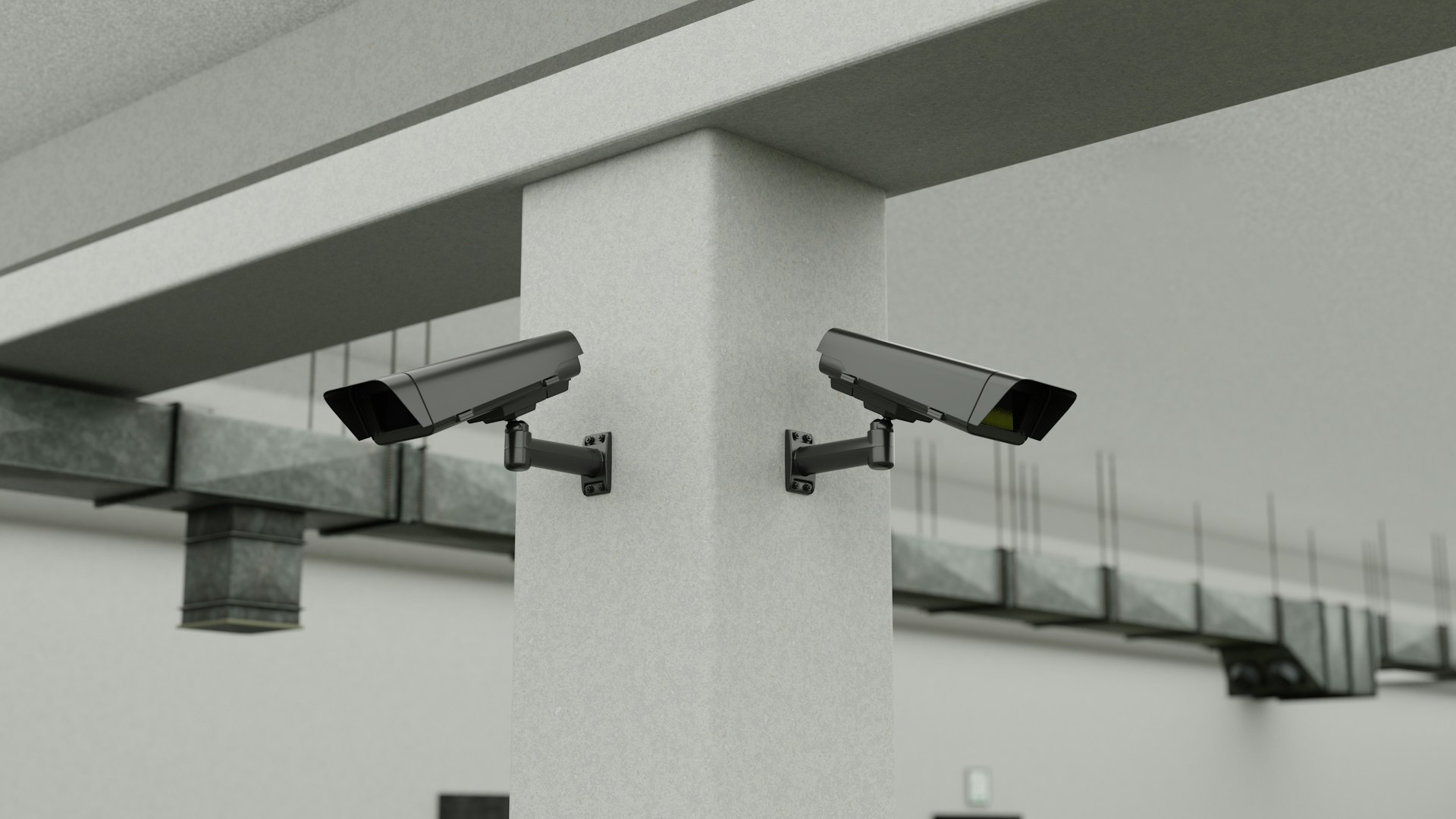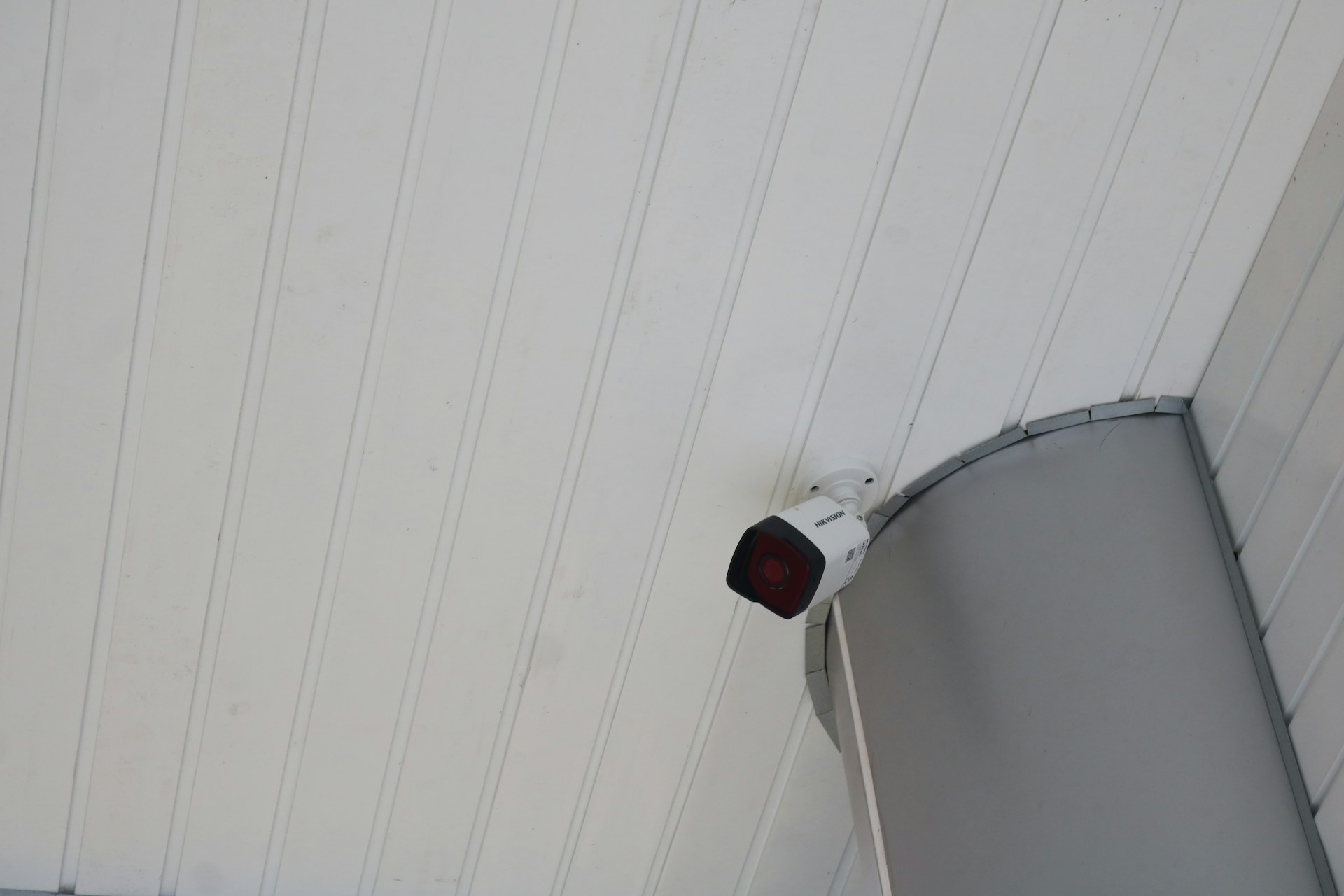As a fire alarm system technician, you play a crucial role in ensuring the safety of residential and commercial buildings. Your expertise not only involves installing and maintaining fire alarm systems but also understanding the latest technologies and codes that govern fire safety. This profession requires a mix of technical skills, attention to detail, and a commitment to ongoing education to stay current in a rapidly evolving field.
Working specifically in the greater Houston area, you have the opportunity to address the unique needs of local communities. By focusing on the specific requirements and challenges presented by this region, you can better serve your clients and enhance overall safety. Understanding the local regulations and building codes is essential for your success and the safety of those you protect.
If you've ever wondered how to become a fire alarm technician or want to explore what the job entails, this blog post will provide you with valuable insights. You'll discover the path to certification, necessary skills, and the responsibilities that come with this essential role.
Role and Responsibilities of a Fire Alarm System Technician
As a fire alarm system technician, your role involves a wide range of duties that ensure the safety and compliance of alarm systems. This includes installation, maintenance, and troubleshooting in diverse environments.
Key Duties of Fire Alarm Technicians
Your primary responsibilities include installing fire alarm systems in residential and commercial properties. You will test these systems to ensure functionality and compliance with local codes.
Regular inspections are crucial. You conduct these to identify any potential issues and perform necessary repairs. This proactive maintenance helps to prevent system failures when they are most needed.
Additionally, you will respond to emergency service calls. This quick response is critical to address faults or alarms, ensuring the safety of occupants in your serviced areas.
Work Environments and Typical Projects
You work in various settings, including residential buildings, offices, and industrial sites. Each environment presents unique challenges that require tailored solutions.
Typical projects might involve installing a new fire alarm system in a high-rise building or upgrading existing systems to meet updated safety codes. You often collaborate with builders and contractors to integrate fire alarms into new constructions.
In the greater Houston area, the demand for fire alarm technicians is high. You may work on large-scale projects or smaller installations, each requiring your specialized skills and knowledge.
Skills Required for the Profession
To excel as a fire alarm technician, you must possess a combination of technical and interpersonal skills. A solid understanding of electronics and fire safety protocols is essential.
You should have attention to detail to ensure systems are installed correctly and comply with safety regulations. Problem-solving skills will be necessary for troubleshooting issues during inspections or emergency calls.
Effective communication is also important. You will need to explain technical details clearly to clients or team members. Continuous education and training in new technologies will help you stay updated in this ever-evolving field.
Essential Training and Certification Requirements
Becoming a fire alarm system technician requires proper training, certification, and ongoing education to ensure that you are equipped with the necessary skills and knowledge. Understanding these essential components is crucial for a successful career in this field, particularly in the greater Houston area.
Fire Alarm Technician Training Program
To start, a formal training program is vital. Many community colleges and technical schools offer courses specifically designed for fire alarm technicians. These programs often cover various aspects of fire alarm systems, including installation, maintenance, and troubleshooting.
In Houston, look for programs that incorporate hands-on training with real equipment. You may learn about different types of fire detection systems, wiring, and applicable codes. Completing a training program typically takes several months and prepares you for entry-level positions in the field.
Industry Certifications and Licenses
Certifications are important for advancing your career and demonstrating your qualifications. The National Institute for Certification in Engineering Technologies (NICET) offers certifications focused on fire alarm systems. You typically need a minimum of 10 years of relevant experience, including at least 105 months dedicated to fire alarm systems.
Additionally, state and local licenses may be required, depending on where you work. For instance, in Texas, you might need a specific license for installing and servicing fire alarm systems. Familiarize yourself with local requirements to ensure compliance.
Continuing Education and Specializations
After obtaining certification, pursuing continuing education is essential for staying updated with industry advancements. Many organizations offer ongoing training workshops and seminars. These can cover new technologies or changes in codes and standards relevant to fire alarm systems.
You might also consider specializing in specific areas, such as emergency alarm systems or integrated solutions. Specialized training can enhance your employability in the competitive Houston market, allowing you to offer unique services to employers or clients looking for expertise.
Technical Knowledge and Core Competencies
As a fire alarm system technician, having a solid grasp of specific technical knowledge and core competencies is crucial. Mastering these areas ensures that you can effectively design, install, and maintain fire alarm systems to safeguard property and lives.
Understanding Fire Alarm Wiring
Your familiarity with fire alarm wiring is fundamental. This includes knowing the different types of wiring used, such as low-voltage and shielded cables. Proper wiring ensures that all components, from smoke detectors to the control panel, communicate effectively.
You will need to comprehend wiring diagrams and circuits, which help in troubleshooting and ensuring the system meets local codes.
Familiarize yourself with color codes in wiring for easy identification and proper connections. Understanding current loads and resistances is equally important for preventing malfunctions.
Reading Electrical Layouts
Reading electrical layouts accurately is essential for efficient installations. You should be able to interpret architectural blueprints that show the positioning of devices and wiring paths.
Look out for symbols indicating various components such as alarms, control panels, and power sources. Pay attention to specifications regarding circuit types, as these influence your installation decisions.
Understanding safety codes is vital as well. You must ensure that your installation adheres to local regulations, which impacts overall system effectiveness and compliance.
Mastering Installation Techniques
Mastering effective installation techniques is key to your role. Begin by planning the installation process carefully, including site surveys to choose optimal locations for alarms and panels.
Utilizing proper tools for mounting and connections will yield professional results. Consider environmental factors, such as temperature and humidity, that could affect performance.
You need to implement best practices for securing devices and cabling. Proper anchoring and spacing ensure reliability and compliance with safety regulations.
By honing these skills, you contribute to a safer environment within the greater Houston area, ensuring that fire alarm systems operate as intended.
Installation and Maintenance Best Practices
Ensuring that your fire alarm system operates effectively begins with a meticulous installation process, followed by consistent maintenance and testing. Understanding these best practices helps you maintain a safe environment.
Step-by-Step Installation Process
- Site Assessment: Begin with a comprehensive site evaluation. Identify high-risk areas and determine detector placement. Consider factors such as ceilings, walls, and airflow.
- Compliance: Ensure adherence to local codes and standards. Familiarize yourself with regulations specific to the greater Houston area. This includes guidelines from the National Fire Protection Association (NFPA).
- Installation: Strategically install detectors and panels. Use appropriate mounting hardware and ensure all connections are secure. Utilize professional services by certified fire alarm technicians to guarantee installation quality.
- System Integration: If applicable, integrate your fire alarm system with other security systems. This includes alarms, cameras, and access controls, enhancing your overall safety framework.
Testing and Commissioning Systems
Thorough testing and commissioning are crucial to verifying system functionality.
- Functional Tests: Conduct a series of functional tests to ensure each component responds correctly. This includes initiating alarms and conducting sensitivity checks on detectors.
- Documentation: Keep detailed records of all tests performed, including dates and results. This documentation proves compliance with legal requirements and serves as a reference for future inspections.
- Training: Once installation is complete, train relevant personnel on system operation. Having a knowledgeable team empowers quick responses to alarms, enhancing safety.
Routine Maintenance Procedures
Regular maintenance prevents system failure and ensures optimal performance.
- Inspections: Schedule inspections by certified technicians every six months. More frequent (quarterly) checks are recommended for larger systems. These inspections help identify any emerging issues.
- Cleaning: Technicians should clean sensors and alarm devices regularly. Dust, dirt, and other contaminants can hinder their performance. Attention to detail in maintenance is vital.
- Battery Checks: Replace backup batteries annually. Functional batteries are crucial for system reliability during power outages.
By adhering to these installation and maintenance best practices, you can ensure that your fire alarm system remains reliable and effective in protecting your space.
Career Advancement and Industry Outlook
As a fire alarm system technician, understanding how to enhance your career and anticipating industry changes are crucial for long-term success. Opportunities for promotion are present, along with trends that influence the demand for skilled technicians in the market.
Opportunities for Promotion
In the field of fire alarm systems, you can advance your career through various pathways. Starting as a technician, you can eventually move into roles such as lead technician or supervisor, overseeing teams and projects.
Certifications from recognized organizations also enhance your credentials. Earning credentials like NICET (National Institute for Certification in Engineering Technologies) can open doors to higher positions.
Additionally, specializing in areas such as advanced fire alarm systems or integrating newer technologies can further increase your value.
Networking within the Houston area gives you access to potential job openings and mentorship opportunities that can facilitate your advancement.
Industry Trends and Future Demand
The need for skilled fire alarm technicians is on the rise, particularly in urban areas like Houston. With increased focus on building safety and compliance with evolving codes, businesses require trained professionals to install and maintain fire alarm systems effectively.
Emerging technologies, such as smart fire alarms and integrated safety systems, are shaping the industry. You may need to stay updated on these advancements to remain competitive.
According to the Bureau of Labor Statistics, job outlook projections suggest modest growth in this sector. While the increase is less than 8%, demand for safety compliance will ensure that job opportunities persist.
Maintaining a proactive approach and adapting to industry trends is essential for your future success in fire alarm system technology.
Frequently Asked Questions
As you explore a career as a fire alarm system technician, it's essential to understand the qualifications, training options, responsibilities, and potential income in this field. The following sections provide specific insights into what you need to know.
What qualifications are needed to become a fire alarm system technician?
To become a fire alarm system technician, you typically need a high school diploma or equivalent. Many employers also require specialized training or certifications related to fire alarm systems.
Certification from recognized organizations, such as NICET, can enhance your job prospects. Additionally, some states may have specific licensing requirements that you must fulfill.
What types of training are available for aspiring fire alarm system technicians?
Training options include vocational programs, community colleges, and technical schools that offer courses focused on fire alarm systems. These programs often cover electrical systems, installation techniques, and safety protocols.
Hands-on training through apprenticeships or on-the-job experience is also crucial. This practical experience allows you to apply what you've learned in a real-world setting.
How does one progress in a career as a fire alarm system technician?
Career progression often starts from an entry-level technician position. As you gain experience, you may move into roles such as a lead technician or project manager.
Continuing education and additional certifications can open further advancement opportunities. Networking with professionals in the industry can also help you find new career paths.
What are the daily responsibilities of a fire alarm system technician?
Daily responsibilities include installing, testing, and maintaining fire alarm systems. You will also need to conduct inspections to ensure compliance with safety standards.
Troubleshooting system malfunctions and making necessary repairs are key tasks as well. Excellent communication skills are vital when working with clients to explain issues and provide solutions.
What are potential income levels for a seasoned fire alarm system technician?
Experienced fire alarm system technicians can earn a competitive salary. Salaries may vary based on location, certification, and level of expertise.
In the greater Houston area, seasoned technicians can expect to earn a median income that reflects the demand and specialized skills required in this field.
What opportunities exist for apprenticeships in the fire alarm technician field?
Apprenticeships are a valuable way to gain hands-on experience while learning from established professionals. Local trade unions or electrical contractors may offer apprenticeship programs tailored to fire alarm systems.
These programs can significantly enhance your skills and employability in the greater Houston area. Engaging in an apprenticeship allows you to build a strong foundation for your career.
.svg)



.svg)


.svg)



